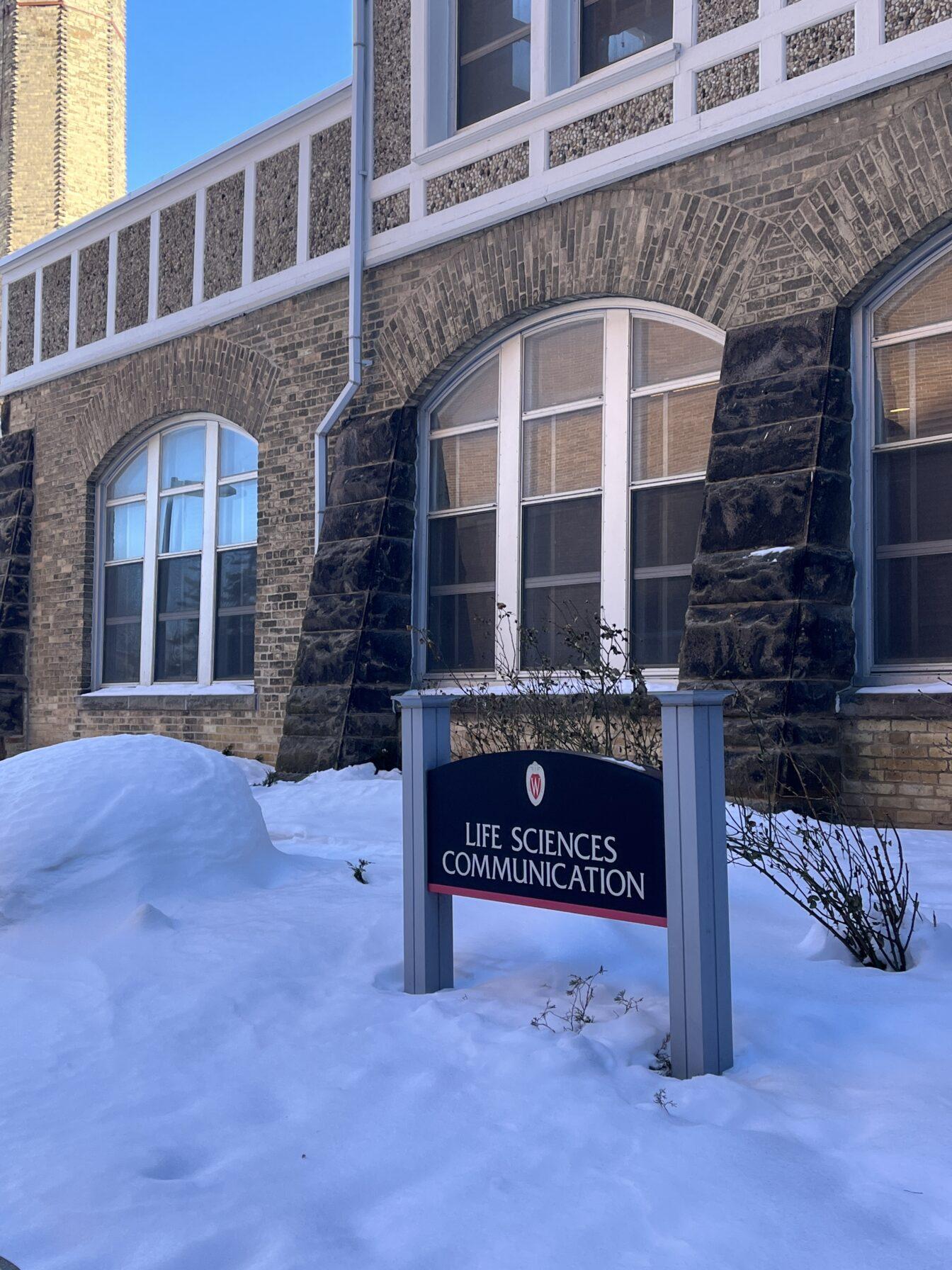Feb. 1 marked the kickoff of the Life Sciences Communication Department’s 2023 science communication colloquium series. Professor and Taylor-Bascom Chair Dietram Scheufele was the first to present for the weekly series, speaking on “The pitfalls of not being scientific about science communication … especially after COVID.”
Scheufele said there is a confounding question in science communication of whether scientists are helping or hindering science when they correct misinformation in the scientific community.
“Engaging with misinformation to mock, correct it or anything else — you will give it salience,” Scheufele said.
UW researchers show COVID-19 preprint data remains largely unchanged after peer review
Giving salience, or acknowledgement, to misinformation by intervention may be misguided, Scheufele said. Not only does raising misinformation’s prominence, whether intentionally or unintentionally, increase the amount of time it’s salient, but interventions may also cause collateral damage.
Scheufele said when scientists commented on vaccines not containing live viruses, taking a “don’t worry” standpoint on the issue, concern about live viruses in vaccines went up.
“By correcting one thing, you may be opening up new battle lines somewhere else,” Scheufele said.
Many scientists are turning to social media to show the public their consensus on scientific topics. Turning to social media, however, does not always elicit the reactions scientists want.
There is irony in using social media to address misinformation and inform the public of a scientific consensus, Scheufele said, because they are using a platform optimized for conflict.
Biotech outreach specialist presents seminar on Xenos Paradox
Scientists were unprepared for the “accelerated wickedness” of the 21st century, Scheufele said. He said an issue becomes “wicked” when it revolves around a scientific topic requiring tradeoffs of values that may cross personal freedoms and has no clear-cut answer or solution. Examples of “wicked” issues include climate change and CRISPR, also known as gene editing.
These “wicked” issues, especially for a topic such as COVID-19, cause science to move fast, leading it to undergo enormous public scrutiny, Scheufele said.
“We [scientists] need to stop blaming the public for not understanding the science and not understanding an issue like COVID well,” Scheufele said.
The science communication colloquium is free for the public to attend and will feature a new speaker every Wednesday.


















